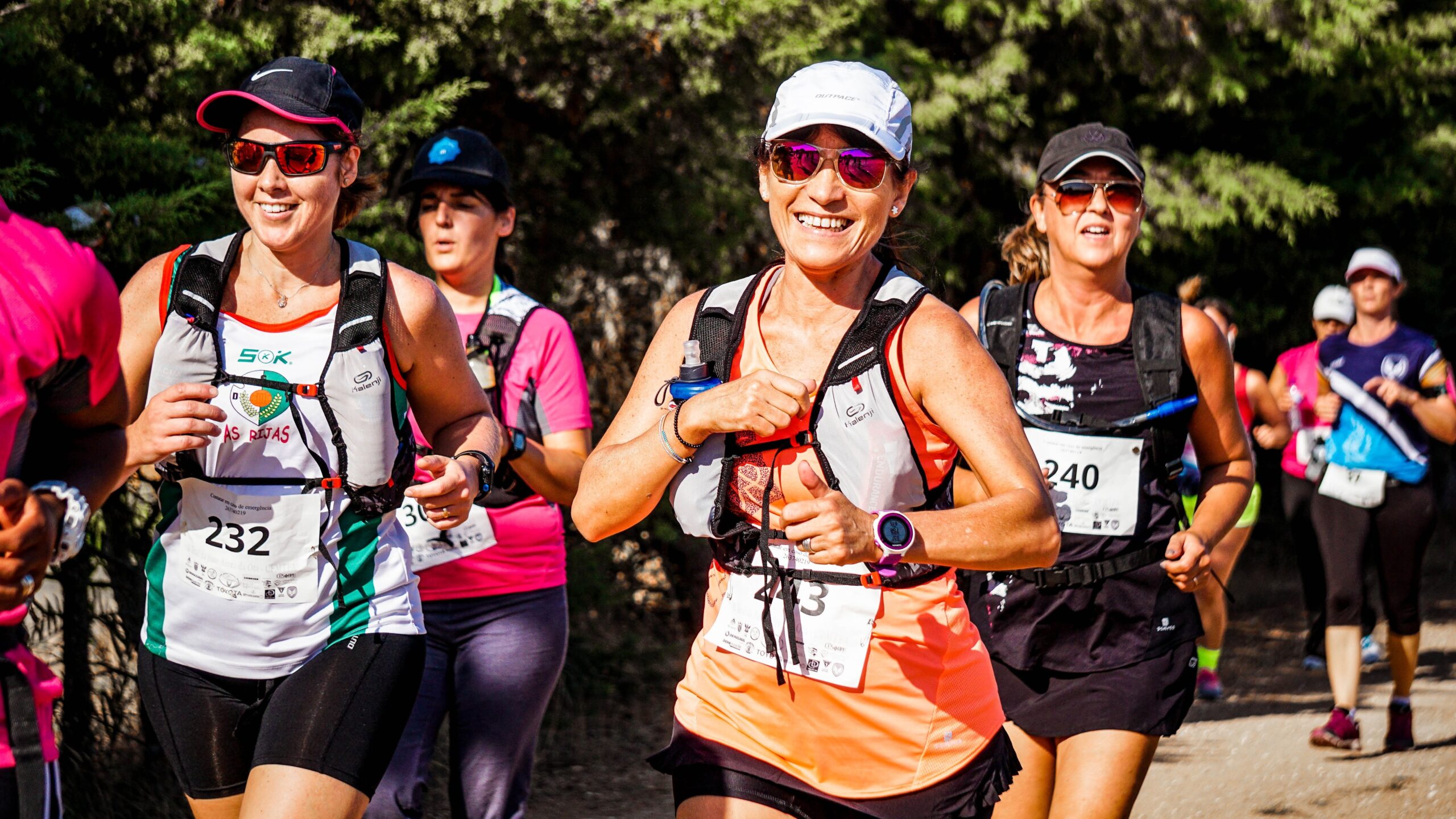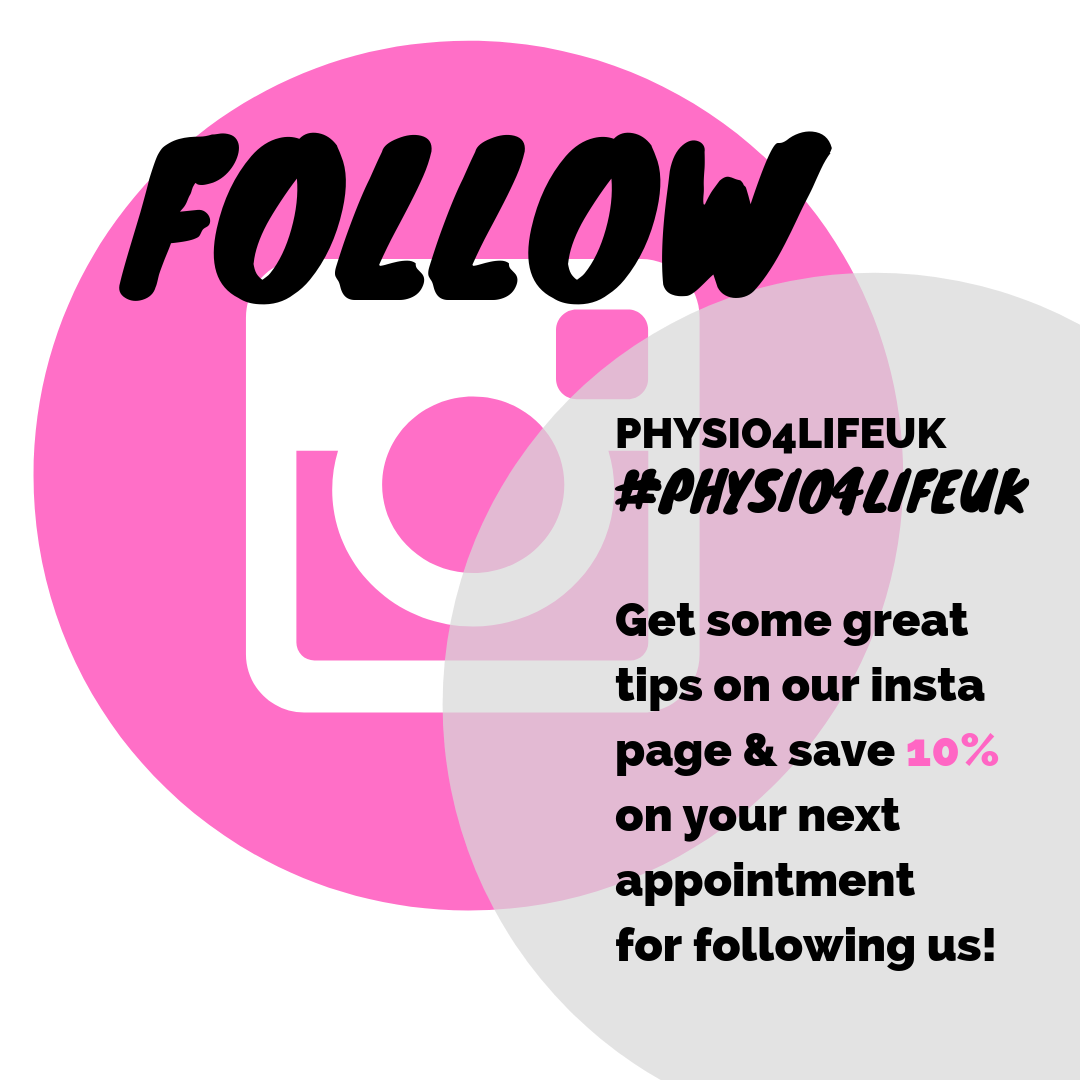
Seasoned runner or a first-timer
Marathon running is a challenging and rewarding experience that requires careful preparation and planning. Whether you’re a seasoned runner or a first-timer, there are several things you should be aware of before running a marathon. Here are some key things to keep in mind:
Training is essential: A marathon is a 26.2-mile race, and it requires a lot of training to prepare your body for the challenge. You should begin training at least 12-16 weeks before the marathon to gradually build up your endurance and mileage.
Stretching: Incorporate stretching into your pre- and post-run routine to prevent muscle tightness and injury. Focus on stretching your hamstrings, quads, calves, and hip flexors.
Strengthening: Include strength training exercises in your routine to help build muscle and support your joints. This can help prevent injuries and improve your running efficiency.
Cross-training: Incorporate cross-training activities like swimming, cycling, or yoga to improve your overall fitness and prevent overuse injuries.
Proper footwear: Wear running shoes that fit well and provide proper support for your feet and arches. Replace your shoes regularly to ensure they’re providing adequate support.
Rest and recovery: Allow time for rest and recovery between training sessions. This can help prevent overuse injuries and allow your body to recover and adapt to your training.
Proper form: Work with a physiotherapist or coach to ensure you’re using proper form and technique while running. This can help prevent injuries and improve your performance.
Listen to your body: Pay attention to any signs of pain or discomfort during training. If something doesn’t feel right, seek advice from a physiotherapist or healthcare professional.
Remember, every runner is unique, and it’s important to work with a physiotherapist or healthcare professional to develop a personalized plan that works best for you.
Before your marathon:
Get enough rest: Make sure you get enough sleep the night before your marathon. Aim for at least 7-8 hours of sleep to ensure your body is well-rested and ready to go.
Eat well: Fuel up with a nutritious meal the night before the marathon and eat a light breakfast a few hours before the race. Stick to familiar, easily digestible foods that you know won’t upset your stomach.
Stay hydrated: Drink plenty of water in the days leading up to the marathon, and continue to hydrate during the race. You can also consider consuming electrolyte drinks to replenish your body’s minerals.
Dress appropriately: Make sure you wear comfortable and appropriate clothing for the marathon. Check the weather forecast beforehand and dress accordingly.
Warm-up: Before the marathon, perform a light warm-up routine to get your body loosened up and ready to run. This can include jogging, stretching, or doing some dynamic exercises.
Pace yourself: Don’t start out too fast at the beginning of the marathon, or you might tire yourself out early on. Try to maintain a steady pace throughout the race.
Stay positive: Remember to stay positive and focused throughout the marathon. Use positive self-talk and visualization to help you push through the tough moments and cross the finish line strong.
After your marathon:
After running a marathon, it’s important to take care of your body to help it recover properly. Here are a few things a runner should do after a marathon:
Cool down: After crossing the finish line, continue moving for a few minutes to allow your body to cool down gradually. You can do a light jog, walk, or stretching to lower your heart rate.
Rehydrate: Drink plenty of water or electrolyte drinks to replace the fluids you lost during the marathon.
Refuel: Eat a nutritious meal or snack within 30 minutes of finishing the marathon to help replenish your energy stores. Foods high in carbohydrates and protein, like a banana and peanut butter, can help repair and rebuild your muscles.
Stretch: Perform some gentle stretches to help loosen up tight muscles and prevent stiffness.
Rest: Take some time to rest and recover. Avoid running or any strenuous activity for at least a few days to allow your body to heal and recover properly.
Get a massage: Consider getting a massage to help loosen up any tight muscles and promote recovery.
Reflect: Take some time to reflect on your marathon experience and celebrate your achievement. Focus on the positive aspects of your race and use any negative aspects as learning opportunities for your future races.
Remember, recovery is just as important as training, so take care of yourself after the marathon to ensure you’re ready for your next running challenge.
Good luck with your marathon!



